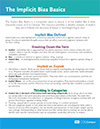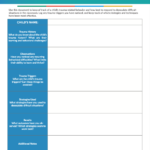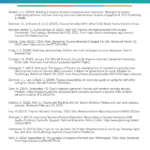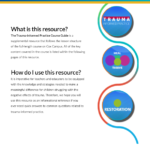Trauma-Informed Practice
In the United States, one in four children have already experienced a traumatic event in their lifetimes. These children are at risk for psychological, emotional, behavioral, and academic challenges, as well as long-term health and developmental setbacks. If neglected or ignored, these trauma-induced difficulties can have lifelong repercussions. Therefore, it is imperative for teachers and educators to be equipped with the knowledge and strategies to intervene and make a meaningful difference for any and all children struggling with the negative effects of trauma. By taking a trauma-informed approach to the classroom, teachers have the immense power to transform a child’s life and put them onto a path of healing. If applied with consistency and within a caring, nurturing relationship, this approach will foster the resilience children need to learn and thrive at school.
- Cost
- 100% Free
- Time to complete
- 2.5 Hours
- All teachers and educators
- Understand what trauma is and the impact is has on children’s learning and development.
- Recognize and understand the role of teachers in mitigating the effects of trauma.
- Understand the purpose, goals, and core principles of trauma-informed practice.
- Learn how to build resilience in children with trauma histories so they are able to withstand, adapt, and recover.
- Recognize the persistence of inequity in the United States and how this can be traumatizing to children.
- Understand the dangers and warning signs of a trauma exposure response.
- Children with trauma histories will be engaged by teachers who take a trauma-informed approach to the classroom.
- Children with trauma histories will develop the resilience needed to withstand, adapt, and recover.
- Children with trauma histories will be able to learn, thrive, and reach their full potential.
Dr. Renée Boyton-Jarret and Dr. Neena McConnico served as Subject Matter Experts for this course and partnered with the Rollins Center for Language & Literacy to create it.
How it Works
-
Learn at Your Own Pace
You don’t have to finish the course all in one sitting. In fact, we recommend you take this course a little bit at a time, incorporating what you’ve learned in the classroom.
-
Earn IACET CEUs
In order to pass and receive IACET CEUs for this course, you will first need to complete all the lessons, then complete the end of course assessment with a score of 80% or higher.
-
Free Guided Resources
As you go through a course, we’ll introduce you to free resources that will help you implement what you’re learning.
-
Never Learn Alone
Have a question on what you’re learning in the course or how to use a resource? Reach out to the Cox Campus community for advice or to lend a helping hand to others.
Lessons
-
Lesson 1
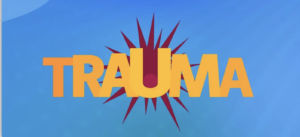
A Foundational Knowledge of Trauma
Duration 34 minutesUnderstanding the specifics of what trauma is, the effects on children’s learning and development, and the role of teachers in mitigating these effects through a trauma-informed approach to the classroom. -
Lesson 2
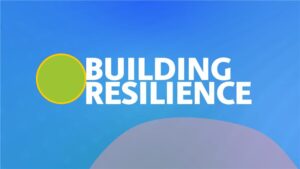
The Road to Resilience
Duration 47 minutesLearning classroom strategies and techniques to mitigate the effects of trauma and foster the resilience children need to withstand, adapt, and recover. -
Lesson 3
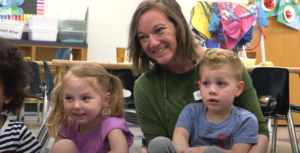
A Teacher’s Perspective
Duration 51 minutesMaximizing the effectiveness of trauma-informed practice by focusing on the role of teachers, the challenges they may encounter, and the importance of prioritizing their own health and well-being. -
Lesson 4

Trauma-informed Practice End-of-Course Assessment
Duration 18 minutes
Your Facilitators
FAQs
The Rollins Center, of the Atlanta Speech School, in some cases, may allow an instructor, facilitator, content editor or a subject matter expert or consultant with proprietary interests to conduct professional development activities at Rollins events, provided that appropriate disclosure of such interest is made. Disclosure of proprietary interest will be made on course material and at the beginning of the course/learning event, when applicable.



